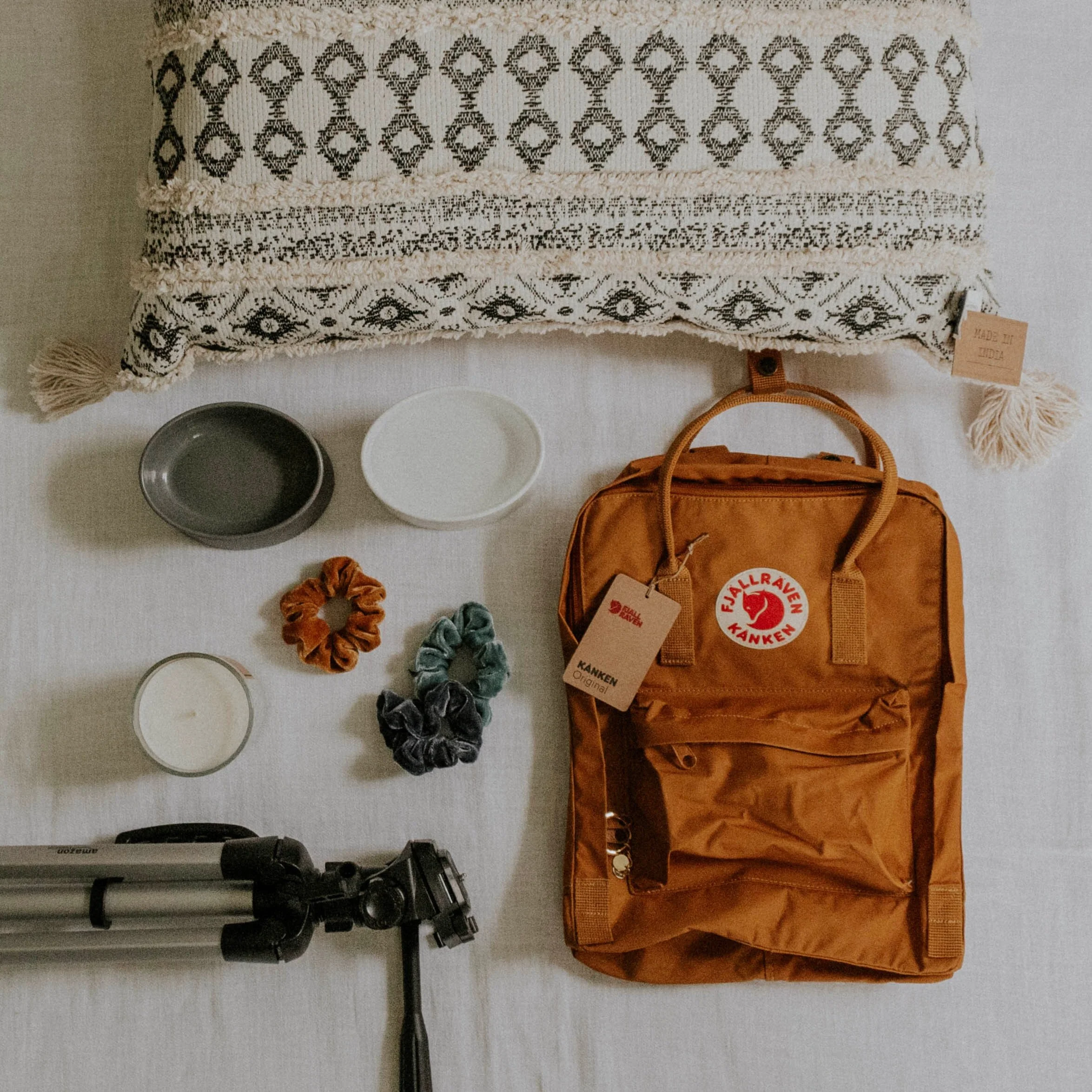7 Money New Year’s Resolutions Every Artist Should Make in 2021
By Literally Broke
With the New Year underway, it’s time to talk about ways we can improve our finances. Here are seven easy financial resolutions you should commit to this year.
Stick With A Budget
My biggest advice for anyone learning how to budget this year: remember, it’s a learning process. Mistakes happen — that’s just life! Instead of beating yourself up for a budgeting faux pas, create a sustainable budget using my FREE budgeting template and guide.
Once you’ve created a realistic budget for your income and expenses, I recommend automating the actual tracking. My favorite budgeting app, Empower, has dubbed itself the budgeting app for people who hate budgeting. I’ve tried tons of budgeting apps and like Empower’s the most because of its clean, easy-to-use interface. Try Empower free for 14 days.Open A High-Yield Savings Account
Once you’ve created your budget, it’s time to set up a high-yield savings account. High-yield savings accounts are just like regular savings accounts; only they can offer as much as 100x more interest than your typical bank (crazy, right?).
Because online banks like CIT Bank don’t have the costly overhead that brick and mortars do, they typically offer better interest rates. I have four high-yield savings accounts for my different financial goals!Add One Passive Income Stream
As artists and creatives, we’re typically taught that our income is project-based or dependent on how much work we can find. However, there are tons of digital products you can sell passively.
Passive income streams require an upfront investment of your time, but can eventually generate revenue with minimum work and oversight on your part. Examples of passive income streams include digital prints sold on a site like Etsy or a course you’ve created on navigating the college audition process. The ideal passive income stream is one that uses skills you already have to provide help or education to someone else.
Save An Emergency Fund
Emergency funds are an essential part of establishing financial stability. If you’re new to saving, the budget steps outlined above will help you get started. Besides budgeting, it’s also essential that you create a high-yield savings account specifically for your emergency fund.
My emergency fund is kept in an online bank and is labeled “emergency fund” (creative, I know). As someone who used to dip into my savings to cover fashion emergencies, separating my savings and checking accounts into two different banks has been a life-changer. Aim to save $1,000 in your emergency fund and steadily increase your savings so that eventually, you have anywhere between three to twelve months of living expenses. Slow and steady does it! What matters most is that you’re saving.Learn How To Meal Plan
We all know eating out is one of the biggest budget busters. Because we’re all about realistic and sustainable budgets at Literally Broke, the goal is not to never eat out again. That’d be crazy! Instead, we should aim to eat at home for the majority of our meals.
The easiest way to meal plan is to find five recipes you want to try in a week. Once you’ve found those recipes, create a list that combines each ingredient into one easy-to-use shopping list. If you’re looking to save additional money on groceries, double your recipes so that you have leftovers and find recipes with similar ingredients. Cooking at home will help you save so much money for your other money goal!
Start Tracking Your Net Worth
Tracking your net worth provides you with clarity about your financial progress. If you’re new to net worth, your net worth is what you own minus what you owe. Basically, it’s your debt subtracted from your savings and investments.
It’s easy to feel you’re not making financial progress, and you don’t know if what you’re doing is working. Track your net worth using a program like Personal Capital. It connects seamlessly with your financial accounts and integrates them into a singular easy to use interface.Commit to Reading One Personal Finance Book
I’d wager that most people have never read a personal finance book. While they may sound dry and dull, I can personally tell you that personal finance books are nothing to scoff at.
I recently rounded up my favorite personal finance books and challenge you to give them a go. Even just reading one personal finance book will increase your financial literacy tenfold.
Whatever your 2021 goals, make your money a priority! And for a weekly roundup of money news and help, sign up for Literally Broke’s newsletter, The Epistolary.











Side hustles are one of the easiest ways to increase your income and achieve your financial goals. Here are fifteen side hustle ideas perfect for creatives.